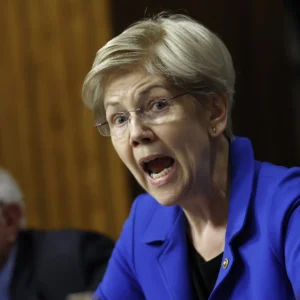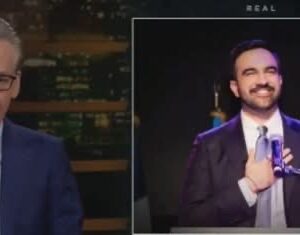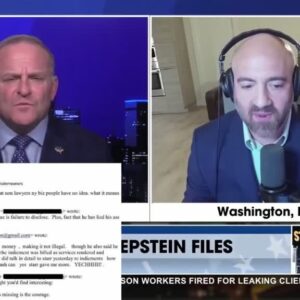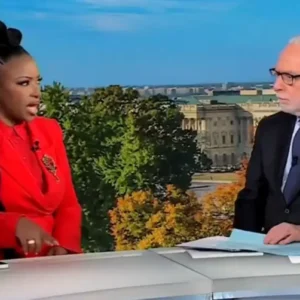Zohran Mamdani is now making waves with a bold new declaration about what he intends to do if he becomes Mayor of New York City. His latest remarks focus directly on the highly sensitive and politically explosive issue of the Jeffrey Epstein files, an area that has long fueled public speculation and partisan debate.
According to Mamdani, one of his first priorities as mayor would be to personally “look into” the Epstein documents. He suggested that the city’s leadership has an obligation to review any materials connected to alleged crimes that may have occurred within New York’s jurisdiction.
His comments go even further, implying that a mayor could play a role in determining whether former President Donald Trump should face legal scrutiny in a New York court. Mamdani argued that if evidence within the files points to wrongdoing that took place in the city, local authorities have a responsibility to act.
He framed the issue as one of fairness, transparency, and accountability. In his view, the Epstein scandal remains unresolved, and reopening certain aspects could be necessary to restore public trust in the justice system’s treatment of powerful figures.
Mamdani’s statement included a blunt line that immediately drew attention: “No president is above the law in New York City.” He emphasized that high office should not provide immunity from legal consequences if credible allegations exist within the city’s legal jurisdiction.
Supporters of Mamdani applauded the remark as a stand for equal justice, arguing that political leaders often shy away from controversial investigations involving elites. They see his position as a promise to challenge entrenched power structures rather than protect them.
Critics, however, warned that such comments risk turning the mayor’s office into a political weapon. They argue that mayors do not have unilateral authority to prosecute federal figures, and that Mamdani’s rhetoric may set unrealistic expectations or inflame political tensions.
Some observers noted that the Epstein case has a long and complicated history, involving federal agencies, multiple states, and overlapping jurisdictions. Any attempt to revisit aspects of the case would require coordination with prosecutors far beyond the mayor’s office.
Still, Mamdani’s remarks signal how deeply the Epstein files continue to resonate in public discourse. The idea of a mayor taking on such a high-profile legal and political matter is unusual, but it reflects broader frustrations with how the Epstein scandal was handled and the perception that many questions remain unanswered.
Whether Mamdani becomes mayor or not, his comments have already ignited a fresh round of debate about accountability, political power, and the limits of local authority—ensuring that the Epstein files remain firmly in the center of New York City’s political conversation.





